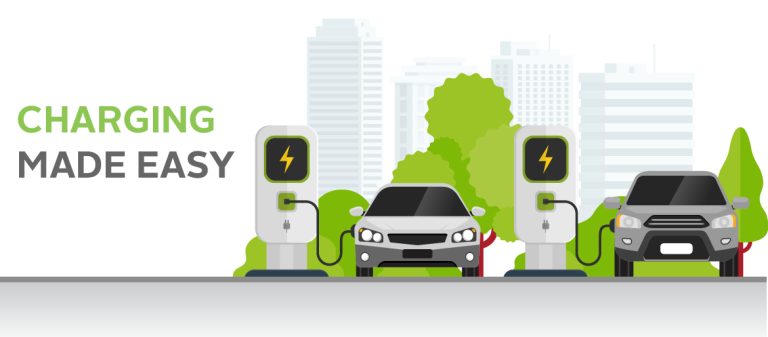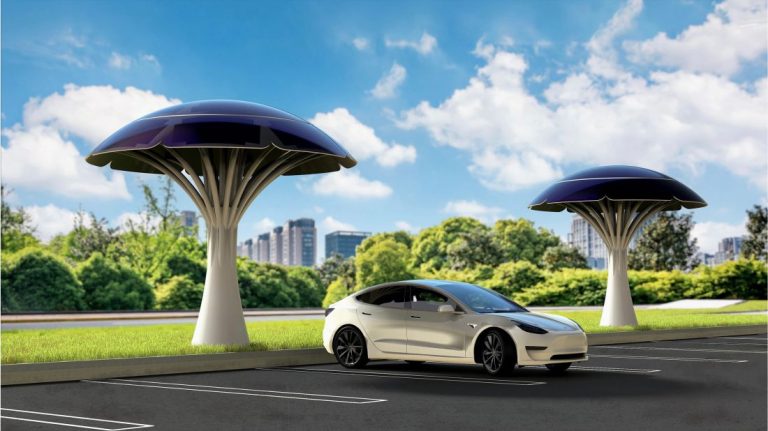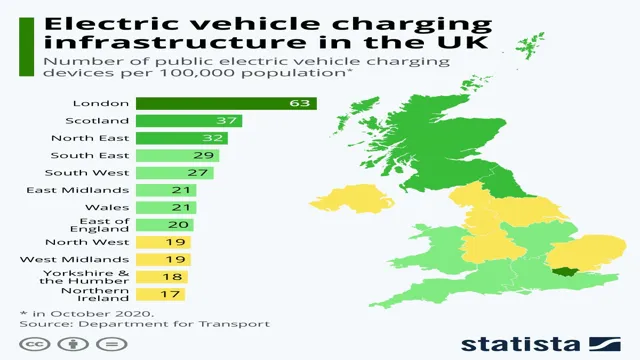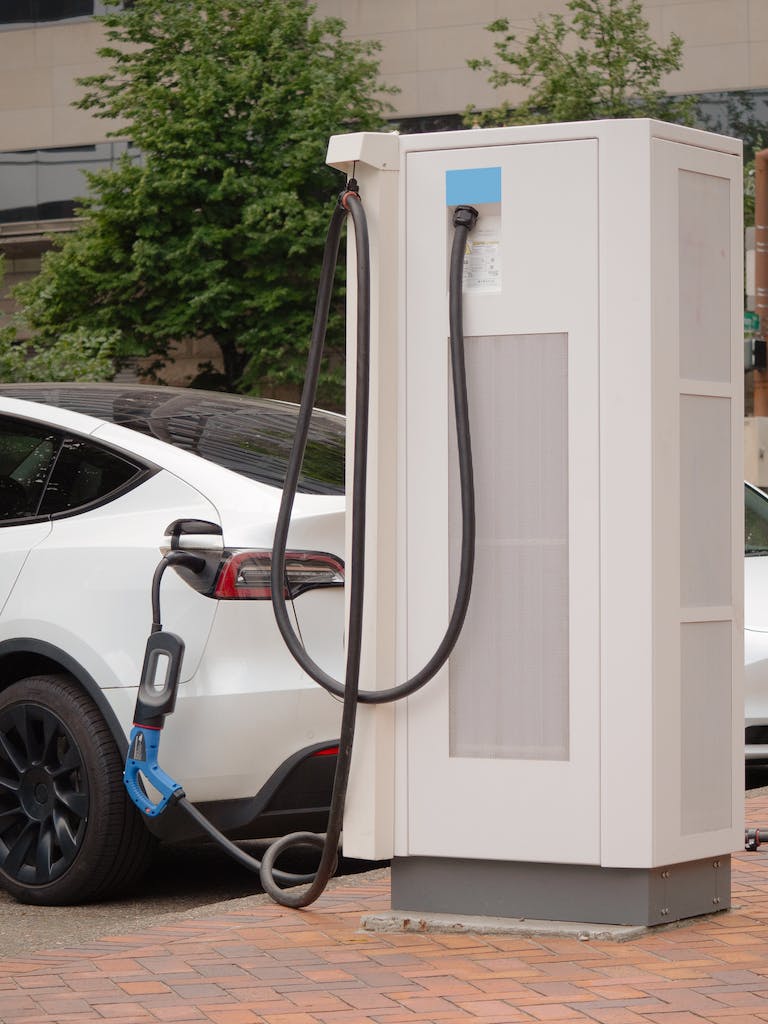Electric Car Charging at Home No Driveway: Innovative Solutions for Urban Dwellers
With the increasing popularity of electric vehicles (EVs), many people are considering making the switch to a more sustainable mode of transportation. However, one of the common concerns for those living in urban areas or rental properties is the ability to charge an electric car at home without a driveway. The good news is that with the right resources and strategies, it is entirely possible to charge an electric car at home even without a dedicated driveway or garage. In this guide, we will explore the various options and solutions available for charging an electric car in a non-traditional setting.
Charging Options for Homes Without a Driveway
Living in an apartment building or a property without a private driveway does pose some challenges when it comes to charging an electric car. However, there are several viable options that can make home charging a reality.
1. Public Charging Stations
Many urban areas are equipped with public charging stations that are accessible to EV owners. These stations are often located in parking lots, shopping centers, and other public spaces. While this option may not be as convenient as home charging, it can be a practical solution for those without access to a private driveway. Some municipalities also offer incentives for installing public charging stations, making them more widespread and accessible.
2. Workplace Charging
If your workplace offers electric car charging facilities, you can take advantage of this option to keep your vehicle charged. Many companies are now installing EV charging stations in their parking lots to encourage sustainable transportation methods among employees. Check with your employer to see if this option is available to you.
3. Curbside Charging
For those living in urban areas with street parking, curbside charging may be a viable solution. Some cities are piloting programs to install curbside charging infrastructure, allowing EV owners to charge their vehicles directly from the street. While this option may require coordination with local authorities and utility companies, it can provide a convenient way to charge your electric car without a private driveway.
Portable Charging Solutions
Even without a dedicated driveway, there are portable charging solutions that can make home charging possible for electric car owners.
1. Portable Charging Cables
Investing in a portable charging cable, also known as a “Level 1” charger, can be a practical option for home charging without a driveway. These cables can be plugged into a standard electrical outlet, allowing you to charge your electric car from any available power source near your home. While this method may be slower than traditional home charging, it can be a convenient option for those with limited parking options.
2. External Charging Hubs
Another portable solution is the use of external charging hubs that can be installed on the exterior of a building or in a shared parking area. These hubs provide a designated charging point for electric car owners without the need for a personal driveway. While installation may require permission from property owners or landlords, this option can make home charging a reality for those living in multi-unit dwellings.
Considerations for Non-Traditional Home Charging
While charging an electric car without a driveway is feasible, there are some important considerations to keep in mind:
1. Accessibility
When exploring charging options, it’s essential to consider the accessibility of the charging infrastructure. Ensure that the chosen charging solution is convenient and readily available for your daily charging needs.
2. Permission And Regulations
Depending on your living situation, you may need to seek permission from property owners, landlords, or local authorities to install charging infrastructure. It’s important to be aware of any regulations or restrictions that may apply to home charging in non-traditional settings.
3. Charging Costs
While home charging may be more cost-effective than public charging options in the long run, it’s important to consider the initial investment and ongoing electricity costs associated with charging an electric car at home. Be sure to factor in these costs when evaluating the feasibility of non-traditional home charging.
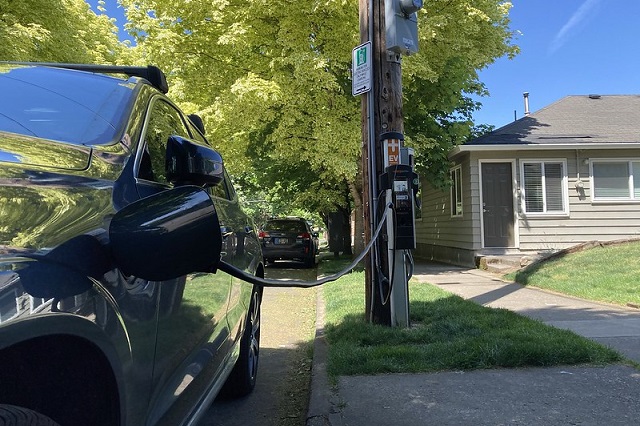
Credit: thecityfix.com
Future of Home Charging for EV Owners
As the adoption of electric vehicles continues to grow, so does the development of innovative solutions for home charging in non-traditional settings. From advanced portable charging technologies to collaborative initiatives between local governments and utility companies, the future looks promising for electric car owners without a dedicated driveway.
While the current landscape may present some challenges, the expanding infrastructure and evolving technologies are making home charging a viable option for a wider range of EV owners. By staying informed about the latest developments and exploring the available options, you can confidently make the switch to electric transportation, even without a traditional driveway.
Conclusion
Charging an electric car at home without a driveway is not only possible but also increasingly practical with the evolving options and solutions available to EV owners. Whether through public charging infrastructure, portable charging solutions, or collaborative initiatives, non-traditional home charging is becoming more accessible and convenient.
By considering the various options, seeking permission when necessary, and evaluating the costs and accessibility of charging infrastructure, you can make informed decisions about home charging for your electric vehicle. With the growing support for sustainable transportation methods, the barriers to non-traditional home charging are continually being overcome, making electric car ownership a viable and eco-friendly choice for urban and rental property residents alike.

